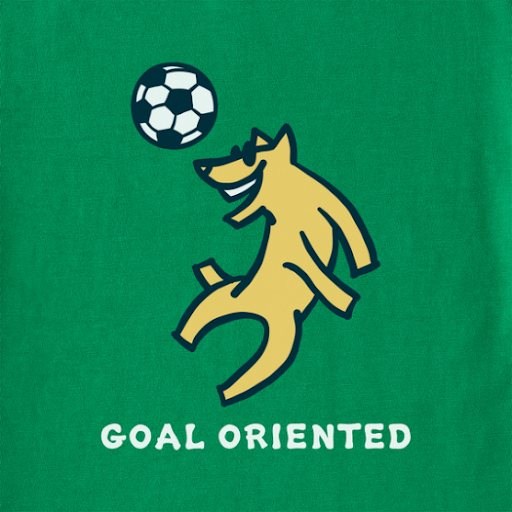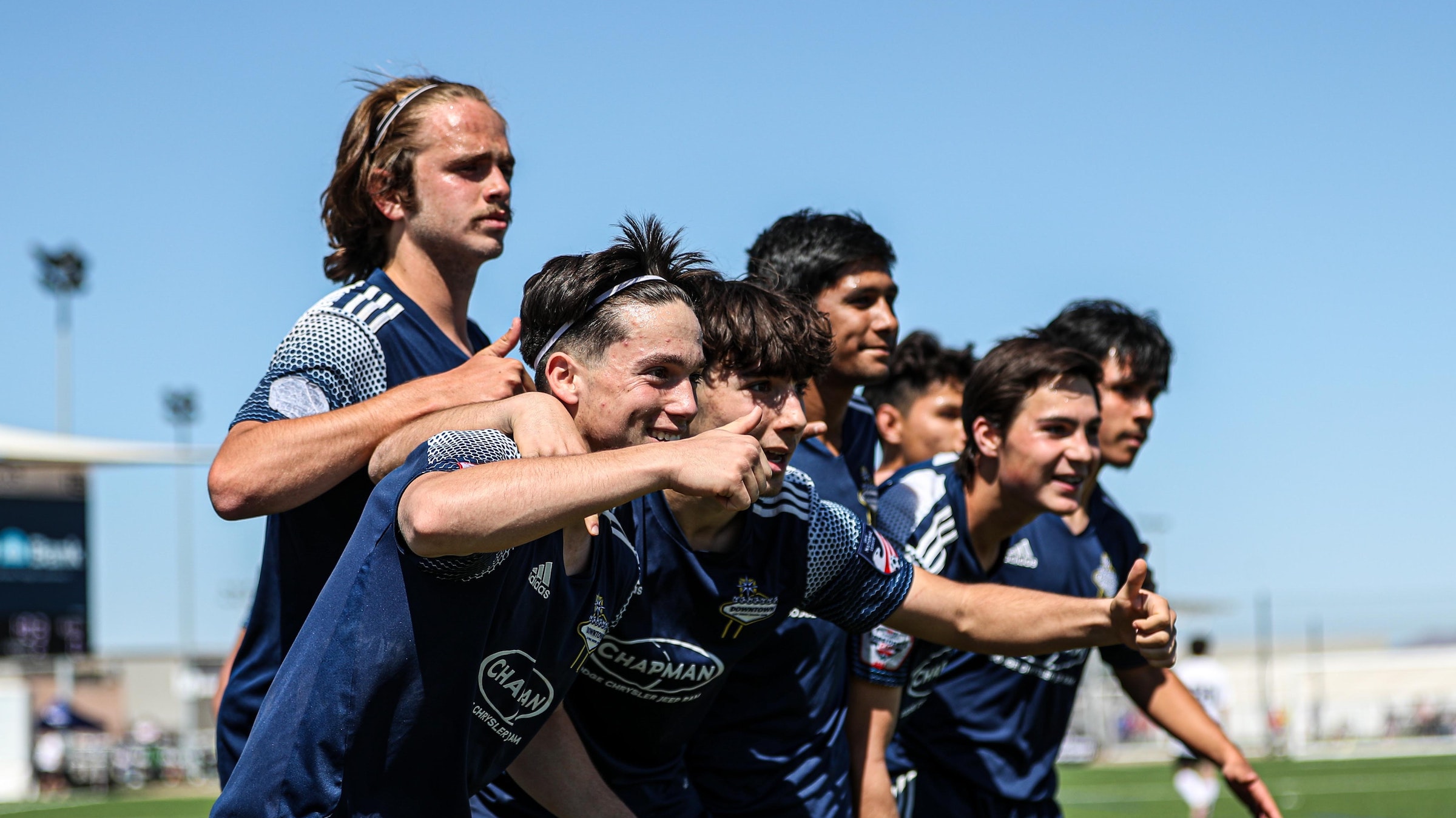What T-shirt would your soccer kid wear? “Soccer is Life,” “Second Place is the First Loser,” “My Goal is to Deny Yours,” or perhaps something else, which decorum prevents me from sharing here. Our outerwear discloses a lot about what’s in us, doesn’t it?
In my previous post Youth Soccer: Soul-Sapping or Soul Filling? we boiled down the “what’s in us” to one BIG question we ask our kids to consider: Why do you play? For adults who take responsibility for our kids’ well-being, I think there’s an even BIGGER question we should always be considering: What kind of a person is the youth soccer experience making my kid into?
Well-being, after all, doesn’t happen by accident. It has to be pursued intentionally – practiced on purpose — physically, mentally, relationally, intellectually, and spiritually – to take hold. I’m a firm believer that, on its best days, youth soccer can make a positive contribution to well-being in each of these areas of wellness. Here are the 5 (+1) I’ve blogged on here at SoccerWire.
- Physical Wellness
- Mental and Emotional Wellness
- Social and Relationship Wellness
- Intellectual Wellness
- Soul Wellness
- (Some might say) “Playing soccer keeps them busy and out of trouble.” Okay…
But, given the potential youth sports has for shaping great kids, one does wonder whether the youth soccer industrial complex in our country – as it strives to develop world class athletes and craft World Cup winning teams — is also building happy, healthy, productive kids? How about happy, healthy, functional families? Not so sure.
So, if we can honestly say that wellness is our #1 priority for our sporting kids and their families, what’s our checklist? What are our essential Action Items? Here are the 5 basics:
#1 – Physical
They need sufficient recovery time. Recovery takes time because that’s when repair, rebuilding and growth happen: physical, mental and emotional.
➡ Is your kid becoming stronger while avoiding injury?
#2 – Mental/Emotional
Rather than mental toughness, they need mental flexibility and adaptability. Healthy mental preparation helps them to stay on task and to focus on their performance objective, just like they’ve practiced.
➡ Is your kid growing in confidence?
#3 – Social/Relational
The hardest people to love often provide the most teachable moments; let’s claim these.
➡ Is your kid getting better at managing the tough stuff?
#4 Intellectual/Mind
Active kids have fast-growing brains which are therefore both malleable and fragile. The healthier the growth environment, the better the brain development.
➡ What is your kid learning?
#5 Spiritual/Soul
Kids are absolutely all-in when they know their contribution matters.
➡ What’s your kid’s honest answer to: “Why are you playing?”
So, here is your wellness check-up.
- Ask and observe: How does your body feel?
- Notice: How is their confidence?
- Ask and notice: Are they self-advocating? Shrinking or growing?
- Ask and notice: Are they learning? Trying new things?
- Ask and ask again: Why are you playing?
Bottom Line: What kind of person is the game making my kid into?
Mind you, they’re not going to grow in all areas at once. There’s going to be some uphills, some downhills and some level places. Comes with the terrain.
So, how about that T-shirt. What are they wearing? Personally, I like: “Train. Play. Love.” But the one from Life Is Good ain’t bad.
 Healthy, happy, productive … that’s what we’re looking for. Maybe sprinkled with a little patience and a dose of honest self-reflection for the tough times when you’re not around. Hey, the stats tell us that only 1-2 % of these kids will play college ball and only a few of those will go on to play pro. As the NCAA advertised a few years back, “There are over 400,000 college athletes, and most of them are going to go pro in something else.”
Healthy, happy, productive … that’s what we’re looking for. Maybe sprinkled with a little patience and a dose of honest self-reflection for the tough times when you’re not around. Hey, the stats tell us that only 1-2 % of these kids will play college ball and only a few of those will go on to play pro. As the NCAA advertised a few years back, “There are over 400,000 college athletes, and most of them are going to go pro in something else.”
Wouldn’t it be great if all our kids grew up still loving the game and taking what they learned in their youth soccer days into their own professional field, whatever it looks like?
There are a lot of great choices out there for them, and a few not so great ones. Try as we might, we can’t make sure that what they choose will make them happy, healthy or productive. Ultimately, they can only do that for themselves.
It’s a balancing act. And good balance begins with a firm foundation and a solid center. Maybe soccer is life, after all.








